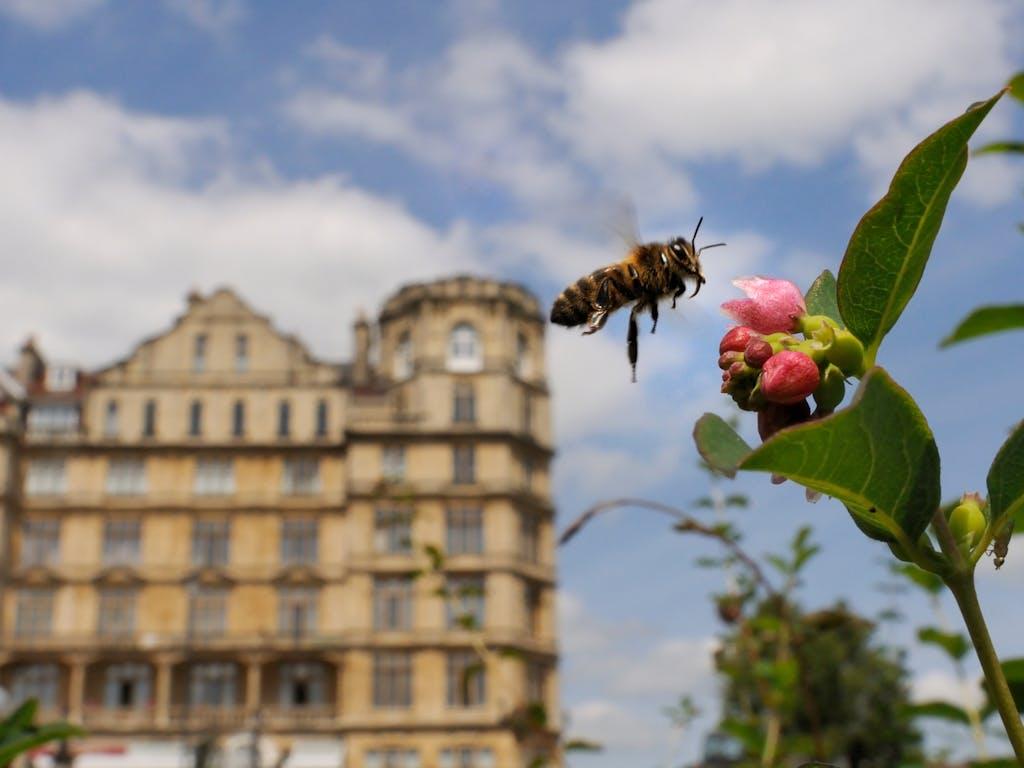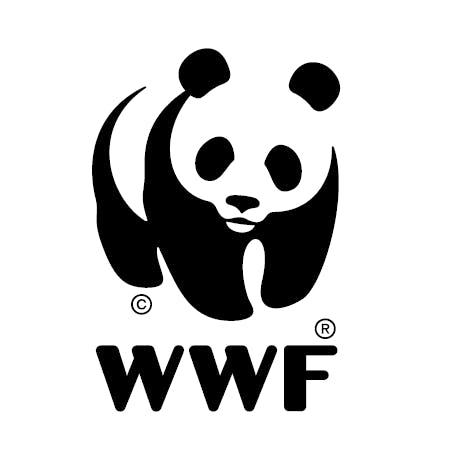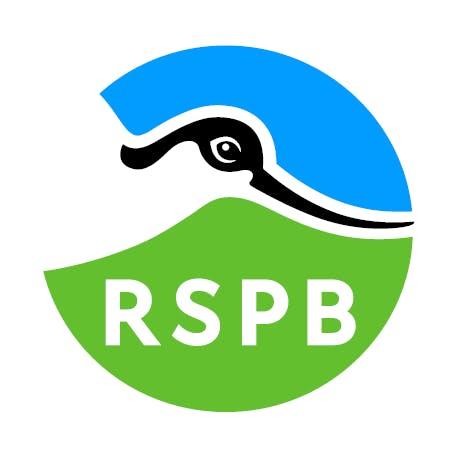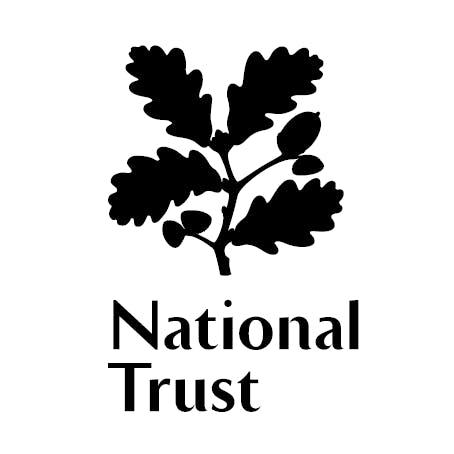Bees
Where would we be without bees?
They’re vital to food security and part of the backbone of our wild isles, allowing the UK to support a rich diversity of plants and wildlife. But with bee numbers in global decline, protecting them needs to be high on everyone’s agenda.


Small but mighty
We most often think of honeybees and bumblebees, but did you know there are 270 species of bee in the UK? Each one plays a special role in keeping our meadows, woodlands, heathlands and hedgerows alive, with forager bees flying incredible distances for pollen and nectar, pollinating trees and flowers as they go.
It’s hard to illustrate just how important these industrious insects are to us. They’re part of how we support a rich biodiversity of plants and wildlife and are essential to our food and economy – globally, around a third of our crops depend on bees and other pollinators.
Yet, in a single lifetime, we’ve seen the widespread destruction of our natural world, threatening the future of our bees. Since the 1930s alone we’ve lost 97% of our wildflower meadows in the UK; we’re not looking after nature, and now it’s in crisis.


Declining numbers
If we lose these essential winged workers, our food security would be threatened as well as the overall diversity of nature in our wild isles. But mass habitat loss, widespread use of pesticides in food production and the intensification of farming, together with a rapidly changing climate, are all causing a decline in wild bee species.
To protect these and other insects, we need to restore wild areas and plant more wildflowers. We need to support our farmers to produce food in a nature-friendly way and reduce the use of harmful pesticides. And we need to continue to fight for a stable climate.
Bees are critical for nature and our own survival. If we’re going to bring our world back to life, bees are a good place to start.
Bees in numbers
270
different species of bee in the UK
2
UK bumblebee species are now extinct
1/3
of global crops dependant on pollinators
Find out more
Discover more about where bees live, the threats they face, and some stories of hope that show we can preserve nature if we take action.










